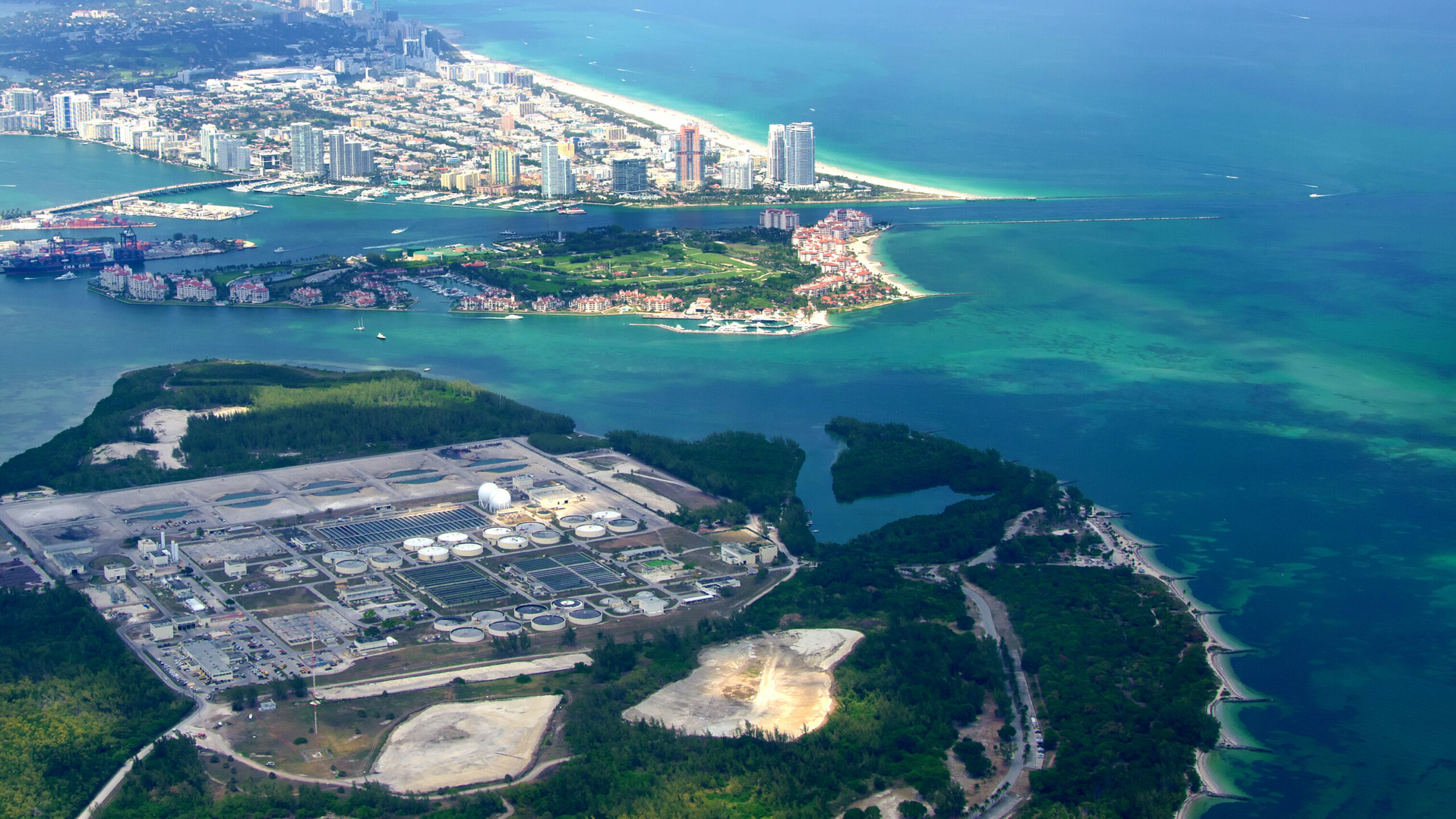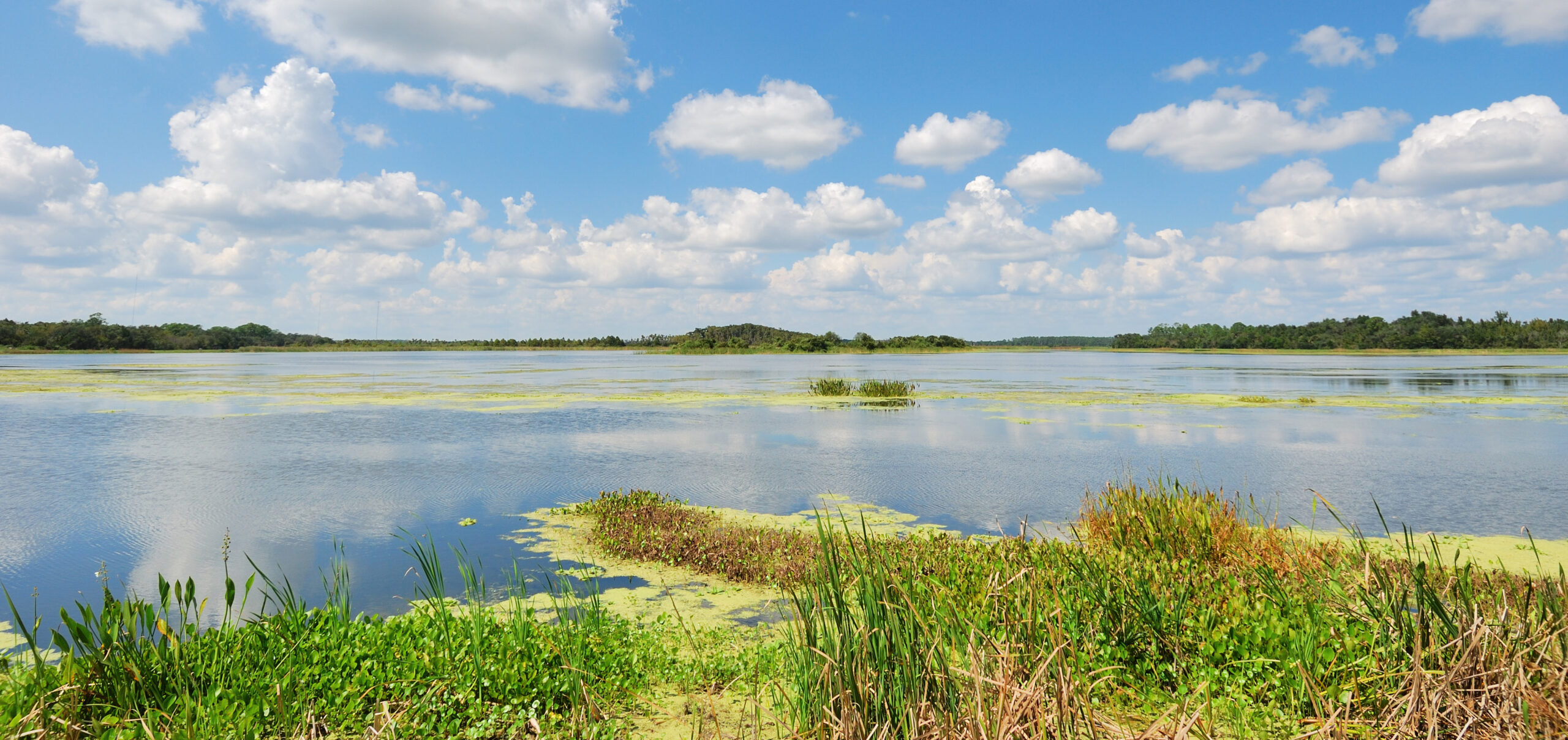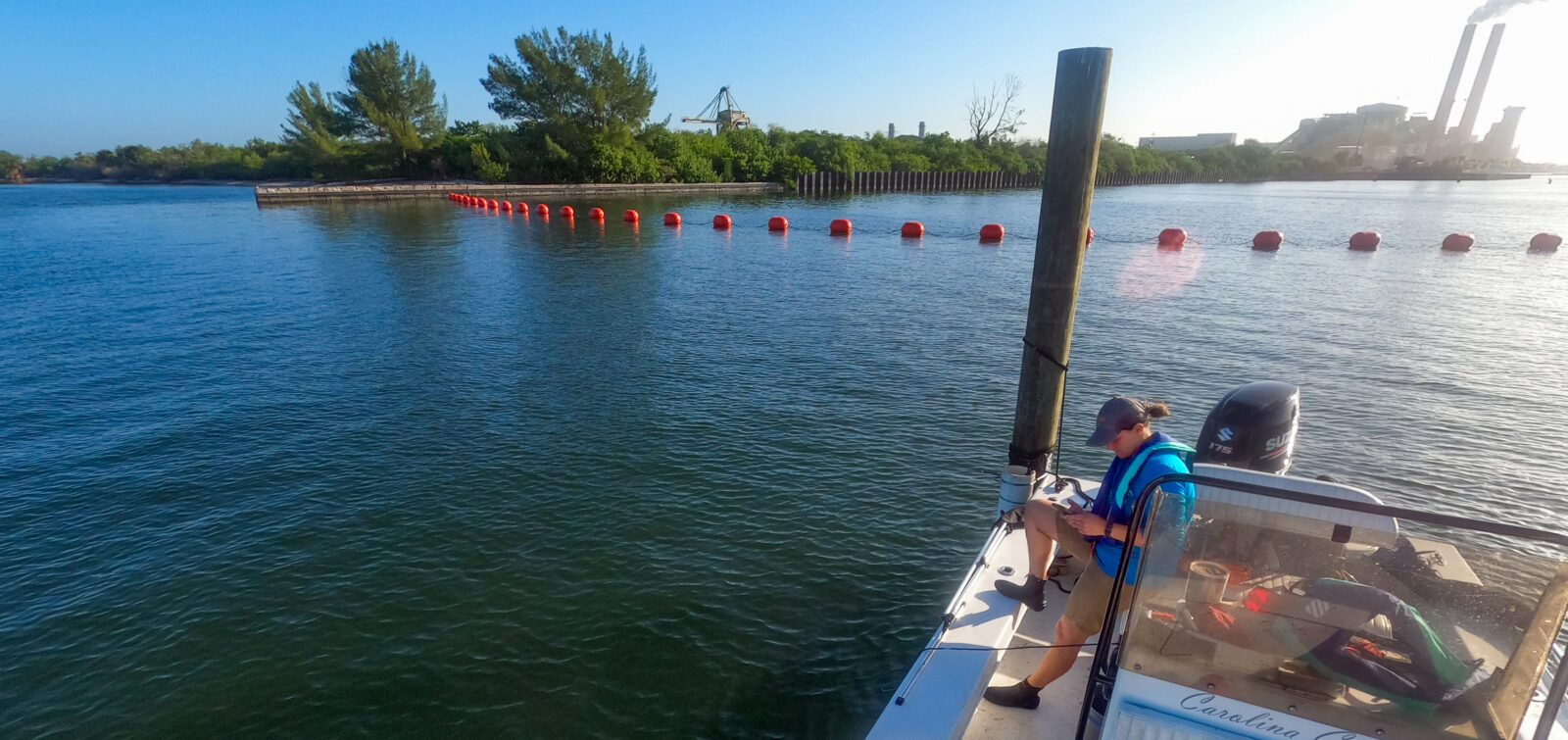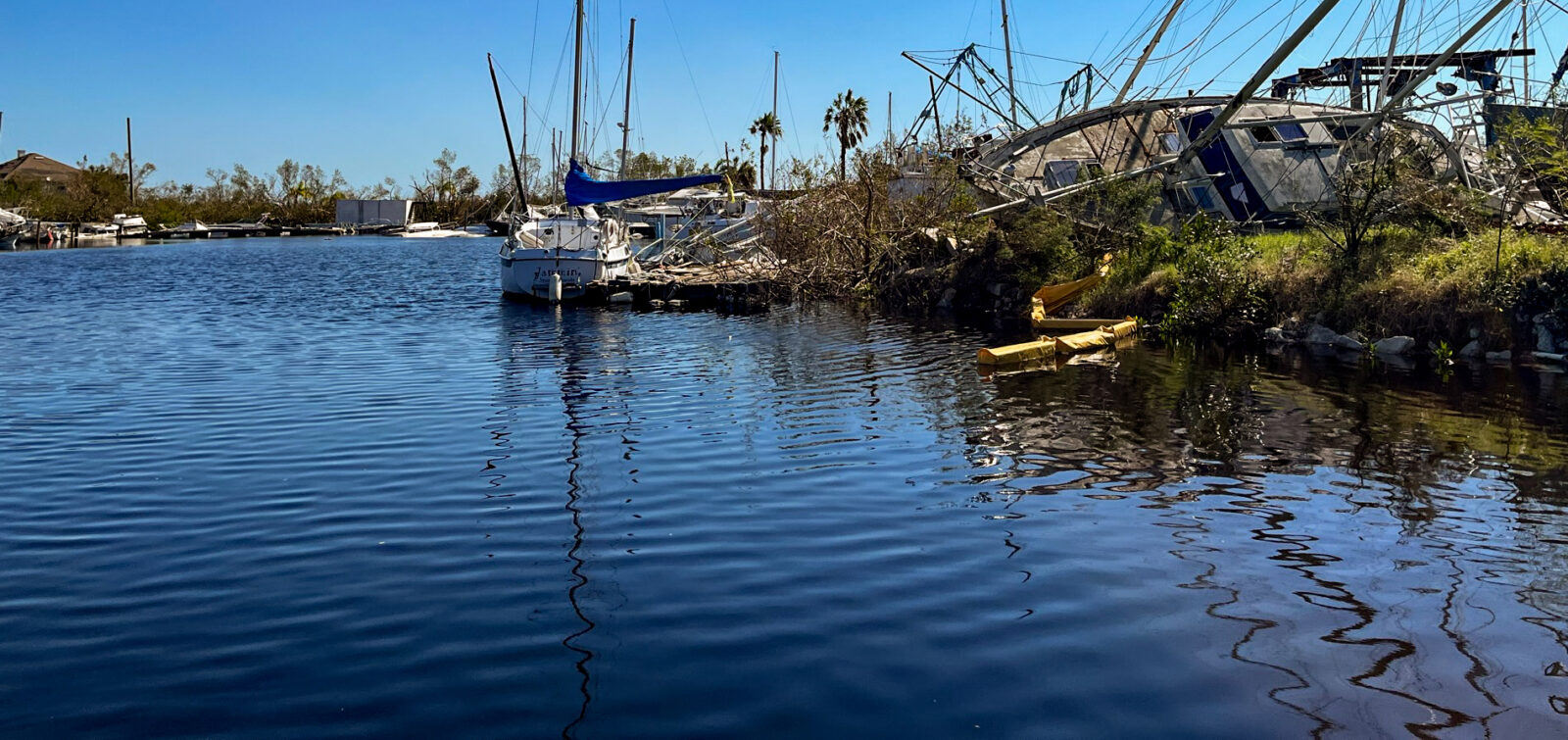Florida is known for its vast network of stunning rivers, lakes, and coastal waters. However, these precious resources are facing increasing pressure from a growing population, water quality impairments, expanding development, and the impacts of climate change. To ensure the long-term health and sustainability of Florida’s water resources, the state legislature passed SB 64, entitled “Reclaimed Water,” which makes significant changes to the disposal of domestic wastewater.
SB 64, which has been in effect since June of 2021, eliminates the discharge of effluent, reclaimed, or reuse water by surface water discharge, except for beneficial uses by January 1, 2032. While not specifically defined in the bill, beneficial uses are generally described as the alternatives to elimination, listed below.
As an initial step, the law required most domestic wastewater utilities to develop and submit a plan for eliminating surface water discharge for non-beneficial uses to the Florida Department of Environmental Protection by November 1, 2021; failure to submit a plan triggered a more aggressive elimination date of 2028. Exceptions included fiscally constrained counties, rural areas of opportunity, municipalities with less than $10 million in revenue, and mobile home parks.
If a domestic wastewater utility plan does not include a complete elimination of surface water discharge, alternatives include:
- Indirect potable reuse
- Wet weather discharge in accordance with a state permit
- Discharge to a stormwater management system for use in irrigation
- Reclaimed use (must meet or exceed 90% of the annual average flow)
- Support for ecological functions or public supply benefits, including rehydrating wetlands or using discharge to meet minimum flows and levels in certain rivers
With an aim of shifting towards beneficial uses, the state also seeks to incentivize direct and indirect potable reuse projects, particularly those that incorporate private investments. While potable reuse projects have been implemented in western states such as Colorado, Florida residents have largely resisted “toilet to tap” projects proposed by cities like Tampa. Water utilities, industries, and even the development community have engaged in coordinated regional efforts to study reuse opportunities and educate the public. Implementation of SB 64 may support these efforts by providing alternative water supply funding and requiring that potable reuse be allowed in regional water supply planning.
The Evolving Landscape of Wastewater Management
The implementation of SB 64 is driving a fundamental change in how wastewater is managed in Florida, from simply aiming for zero surface discharge to actively pursuing beneficial uses of treated effluent and reclaimed water.
This shift away from surface water discharge presents new challenges for municipalities and developers. For some municipalities, the requirements and timeline may strain existing budgets, necessitating increased water-use fees, taxes, or other funding mechanisms.

A sophisticated understanding of water quality, advanced treatment technologies, and methods will be needed to create cost-effective solutions. For example, exploring the use of deep well injection of reclaimed water requires complex knowledge of Florida’s unique geology. A thorough understanding of sensitive ecosystems and protection of these areas through partnerships with landowners and managers and potential land acquisition or conservation easements may be necessary before using treated effluent to rehydrate wetlands or meet minimum flow and levels for streams or rivers.
New infrastructure may be required and, because the demand for reclaimed water fluctuates depending on the season, municipalities may need to consider supplementary water storage or discharge options. Finally, the bill’s incentives for the use of graywater technologies creates new opportunities for non-potable reuse in existing and new developments.
ESA’s Role in Navigating these Changes
At ESA, we understand the complexities of Florida’s water management landscape and are committed to helping our clients navigate these changes. We offer a wide range of services to ensure compliance with SB 64 and achieve sustainable water management:
- Water Resource Assessments: We conduct thorough assessments to identify water supply challenges and opportunities and develop strategies to address them.
- Water Management Strategy Development: We help our clients develop comprehensive water management plans that address the specific requirements of SB 64.
- Monitoring and Data Management: We customize water quality and quantity monitoring programs, collect and analyze data, and identify solutions to address specific client needs.
- Environmental Impact Evaluation: We analyze the potential impacts of water withdrawals, discharges, and other water management activities to ensure compliance with environmental regulations.
- Fundraising Support: We evaluate myriad funding opportunities and can prepare grant applications and proposals to supplement existing resources.
- Stakeholder Collaboration: We facilitate communication and collaboration between our clients and relevant government agencies, water management districts, and other stakeholders to ensure successful implementation of water management plans.
Florida’s water resources are a vital part of the state’s environment and economy. SB 64 is a critical step toward ensuring the long-term sustainability of these resources. However, successful implementation will require continued collaboration, innovation, new funding opportunities, and a commitment to strong standards.
ESA is committed to working with our clients to achieve these goals. We are confident that by working together, we can ensure a sustainable water future for Florida. To learn more about how ESA can assist your organization in navigating the challenges and opportunities presented by SB 64, please contact Lindsay Cross.








